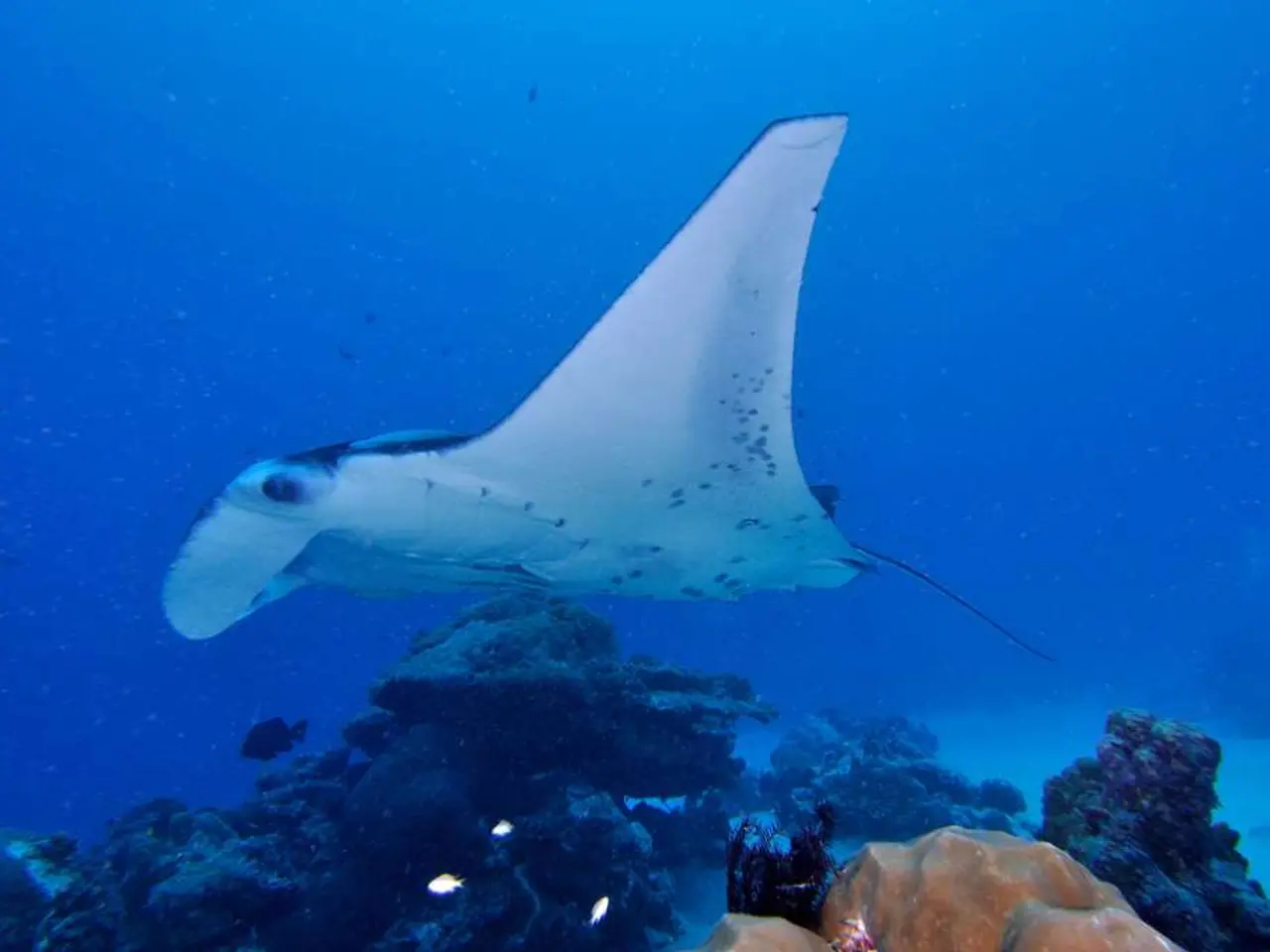Algal growth in the UK intensifies due to pollution and climate change, leading to harmful, toxic conditions.
Lough Neagh, Europe's largest lake and a significant source of drinking water for Northern Ireland, is facing a critical environmental crisis. For the third year running, toxic blue-green algae blooms have covered much of the lake, leading to the suspension of Europe's largest eel fishery and causing concern among locals and environmentalists alike.
The algae growth is fueled by industrial, agricultural, and sewage pollution, as well as climate change, according to experts. Nutrient-rich fertilizer and slurry run-off from farms are being blamed for the pollution, with agricultural companies along the shore of Lough Neagh suspected of discharging these substances. Untreated sewage spills and septic tank effluent are also suspected sources of pollution.
Les Gornall, a local slurry expert known as 'Doctor Sludge,' predicts that a health emergency might force swifter action by authorities. He suggests that a potential property and tourism crash in Belfast due to a lack of clean water supply might jolt authorities into fixing the lake.
The river that used to be full of trout is now devoid of fish, according to local fisherman Mick Hagan. The algae has decimated the Lough Neagh fly, a staple for fish and birds. Signs banning bathing dot the lake's 78-mile-long shoreline due to concerns about drinking water safety.
Mary O'Hagan, an open water swimmer, stated that the lake is dying due to the algae blooms. Gavin Knox, a paddleboard business owner, has been affected by the sludge from the algae blooms. His business, launched in 2022, has seen a decrease in bookings.
Moy Park, a chicken processor, denies involvement in polluting Lough Neagh and claims the poultry sector is highly regulated.
The regional government launched an action plan last July to address the algae issue, but less than half the planned measures have been delivered. The remaining steps have 'delivery timelines extending into 2026 and beyond,' according to a government statement. Knox is angry that the government has not offered compensation to affected small businesses.
The zebra mussel species, a recent arrival in Lough Neagh's waters, filters water but also stimulates algal photosynthesis, worsening the green water effect. This summer, the algae growth has been worse than ever, according to locals living near Lough Neagh.
Gornall suggests that the potential impact on Belfast's property market and tourism industry might be the catalyst needed to prompt immediate action from authorities. Only time will tell if this crisis will be addressed swiftly enough to prevent further damage to the environment and local businesses.
Read also:
- Trump's SNAP reductions and New York City Council's grocery delivery legislation: Problems for city residents highlighted
- Reducing dental expenses for elderlies in Sweden: Over 50% cut in charges for pensioners by the government
- Forty-year-old diet: A list of meal choices to savor
- Exiled Life's Conundrum: A Blend of Liberation, Disillusionment, and Distress





